Luxury Tourism Threatens the Maasai Mara
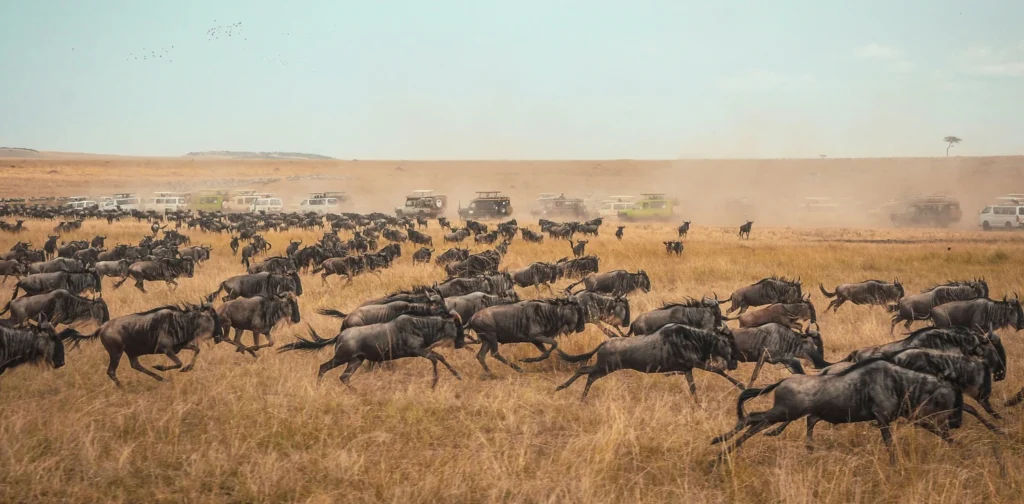
Photo: Harshil Gudka on Unsplash.
As transportation becomes easier and people are traveling more than ever before, the tourism industry soars. Unfortunately, it often comes at the cost of nature. The Maasai Mara in Kenya are among the areas threatened by the tourism industry, as major international brands seek to bring more “luxury tourism” to this sensitive ecosystem.
The Rise of the Maasai Mara
The Maasai Mara and its neighboring Serengeti reserve in East Africa are among the only few remaining preserved and protected swathes of wilderness in the world today. It is a beautiful home to an incredibly diverse number of species. And so, being able to witness them is the primary allure for the thousands of tourists that pour into Kenya every year.
Since the establishment of the reserve in the 1960s, the region has seen a steady increase of visitors. With that, came the development of lodges and hotels. These include the presence of multinational corporations, such as the Ritz-Carlton and Marriott, in the luxury resort scene.
The Biodiversity Toll
However, this development takes its toll. Safari vans crowding around hunting animals often spook them. Vehicle routes intersecting with animal pathways causes stress and disrupts natural processes. Moreover, poor infrastructure management causes pollution to leak into the reserve. The high-end hotels are also being built on key migration corridors. They often block water sources for many species.
For example, as of 2025, there is an ongoing lawsuit on how one of the newly built luxury camps obstructs the route of the Great Migration, a crucial point for hundreds of thousands of wildebeest that travel through that area every season. In recent years, the wildebeest population has declined from around 150,000 to just 15,000. Yet, it is only one of the many examples.
Local Community Perspectives
This rise of luxury tourism is also garnering complaints from local communities. The nature of “all-inclusive” resorts discourage visitors from spending in local areas, thus providing no financial benefit for the regional economy.
Furthermore, some of the Maasai tribe in Tanzania were evicted by the state, supposedly for a conservation plot. But locals and activists believed it was to make room for the luxury hunting scene.
Then, in an effort to curb development in the Maasai Mara region, the Kenyan government introduced a moratorium banning the building of any new tourist accommodations. But, there are complaints from conservationists that this promise is not being enforced.
Toward Sustainable Tourism in Maasai Mara
Tourism is undoubtedly an important part of Kenya’s economy, with the government framing the Great Migration as the star in the campaign to draw millions of tourists every year. In 2024, tourism made up almost 10% of Kenya’s GDP, with visitor numbers increasing post-pandemic.
Therefore, a management plan for sustainable tourism must be a priority. Locals and conservationists are calling for stricter regulations and closer collaboration between the government, international businesses, and Indigenous peoples and local communities. Maasai Mara would benefit from better rules and enforcement, from development to tourism load to tourist behavior. Another recommendation is to mandate these luxury multinational corporations to give part of their profits to wildlife revitalization efforts and initiatives that benefit the community.
Ultimately, sustainable tourism should be at the root of all decisions made in the Maasai Mara—to ensure prosperity not only for the few but also for the precious wildlife and the rich culture of the surrounding tribes.
Editor: Nazalea Kusuma


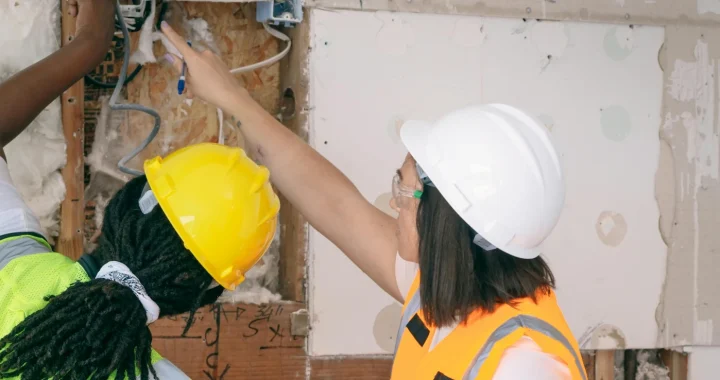 Trends and Gaps for Women in STEM
Trends and Gaps for Women in STEM 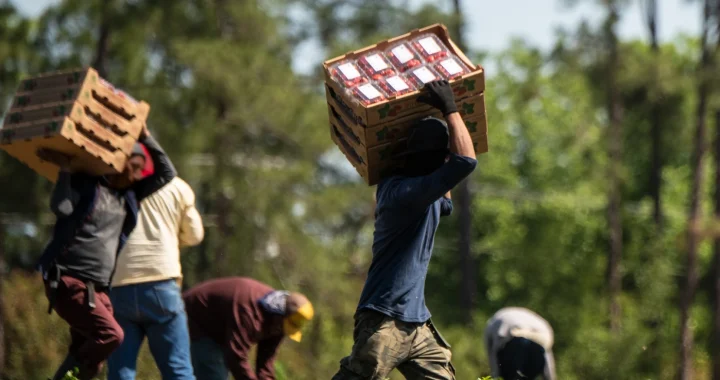 Addressing the Harsh Reality of Temporary Labor Migration Programs
Addressing the Harsh Reality of Temporary Labor Migration Programs 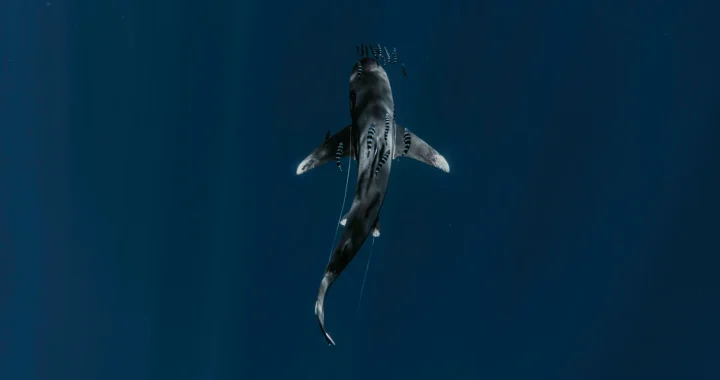 Mapping Conservation Needs for Sharks and Rays Globally
Mapping Conservation Needs for Sharks and Rays Globally 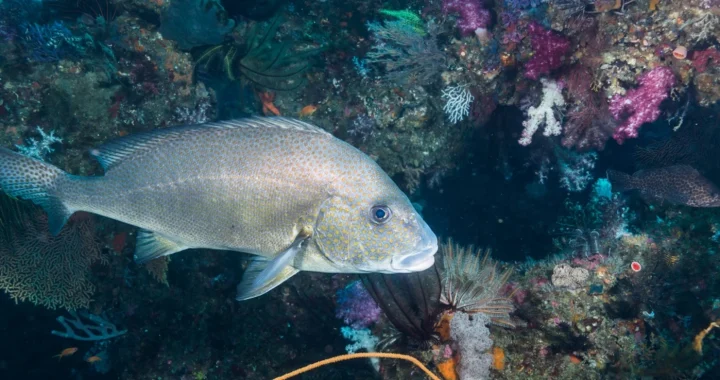 Hamdan bin Zayed Initiative: Abu Dhabi’s Path to Achieve the World’s Richest Seas
Hamdan bin Zayed Initiative: Abu Dhabi’s Path to Achieve the World’s Richest Seas  How Human Behaviour Becomes the Real Engine of Sustainability Action
How Human Behaviour Becomes the Real Engine of Sustainability Action  Germany to Improve Protection Measures for Critical Infrastructures
Germany to Improve Protection Measures for Critical Infrastructures